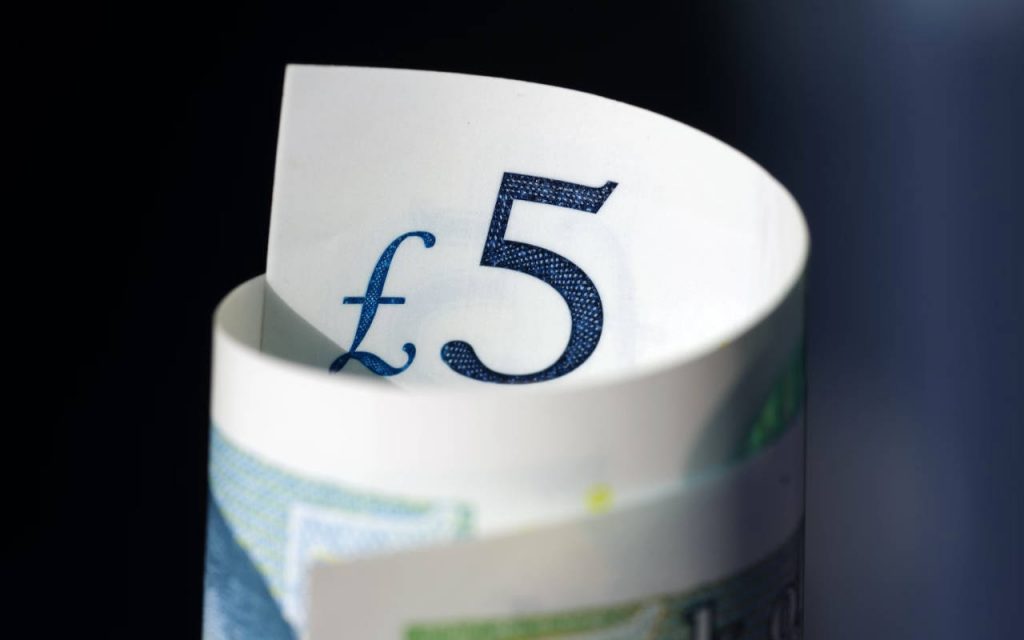It’s now been a few months since the Plastic Packaging Tax came into effect, and the UK is deep into a cost of living crisis unlike any other before it.
Because of the compounding of unprecedented events – from a war in Europe for the first time since 1945, to a drastically changed labour market due to covid – it’s really hard to tell what the impact of Plastic Packaging Tax has been.
Anecdotally, we’ve seen more businesses coming to us with an open mind about using recycled material. It has definitely made people consider using recycled polythene for packaging, instead of going straight for virgin material.
This is because historically, it has sometimes been cheaper to use virgin material than recycled – even though there’s such an obvious abundance of reusable material available. But now, the PPT has made the tax-free option on a part-recycled blend more attractive. And with the registration and submission date for PPT looming, businesses will be keen to reduce their tax outlay as much as possible – and some may already be scrambling to hit the deadline.

July 29th 2022: Registration Deadline
Businesses that manufacture or import 10 tonnes of plastic packaging or more must register for the Plastic Packaging Tax, and submit their records by July 29th 2022. Those who don’t may be charged penalties and late payment interest from the date due.
The new PPT legislation taxes businesses that manufacture or import plastic packaging at a rate of £200 per metric tonne – unless the packaging consists of a minimum 30% recycled plastic content.
Each plastic packaging component has to be captured and recorded to the nearest kilo. And that means more business hours, additional accounting time, more admin – and increased costs across the board.
It has been quite a stressful time for people who work with plastic packaging, and the adjustment has come at a time of already heightened living and business costs. With labour shortages across markets, there are fewer people to do all this new work, and those doing it need higher wages to keep up with the cost of living.
It’s a vicious circle, and the introduction of PPT has certainly made things more difficult – but has it made things more expensive?
Yes – PPT has made your weekly shop more expensive
The tax adds to another issue; rising oil costs. Pure, virgin plastic is made from oil – and when oil prices go up, so do plastic prices. But with the Plastic Packaging Tax making every metric tonne £200 more expensive, the impact has been profound.
For a start, the average supermarket polythene bag that you take your shopping home in can now cost 25p or more. That’s hardly the real issue – plastic carrier bag charges are nothing new. The real problem is the increased cost of doing business, and the logistics of navigating the PPT.
Packaging for food, as well as polythene for farming and agriculture, has to be made of virgin material to avoid contamination. And while food grade recycled materials are available, increased demand since the introduction of the plastic tax has caused prices to skyrocket.
This is driving up both the cost of food production, and the cost of food sold in plastic packaging. Industry sources estimate the cost to UK consumers of the tax being passed on in higher prices could be as high as £300m a year – at a time when energy bills and fuel are already becoming unmanageable for so many.
If your business needs help navigating the PPT, we’ve written a post on how to avoid the Plastic Packaging Tax legally – and if you need practical help, just give us a call.
Navigate the PPT, with tax-free packaging from NPF
The friendly, knowledgeable team at NPF Packaging will help you navigate the 2022 plastic tax. Get 30% recycled polythene packaging that’s exempt from the Plastic Packaging Tax, made to your exact specification.
We’ll help you find the right packaging solution for your business, minimising all unnecessary virgin material where possible, to keep your packaging costs down.
Send us a message, or call us on 01773 820415, to tell us what you need.


